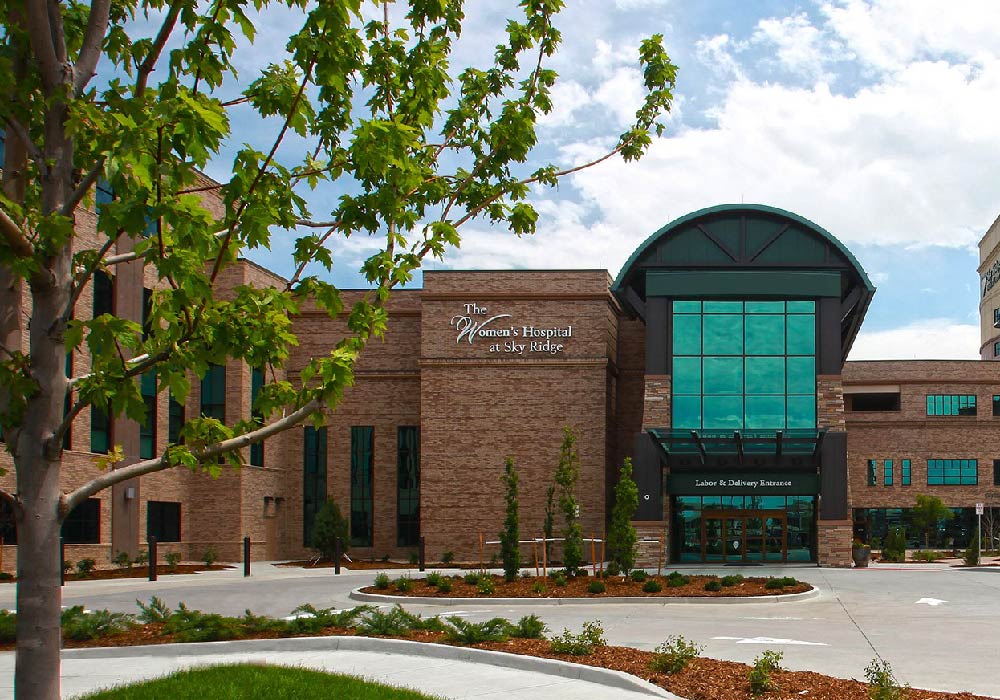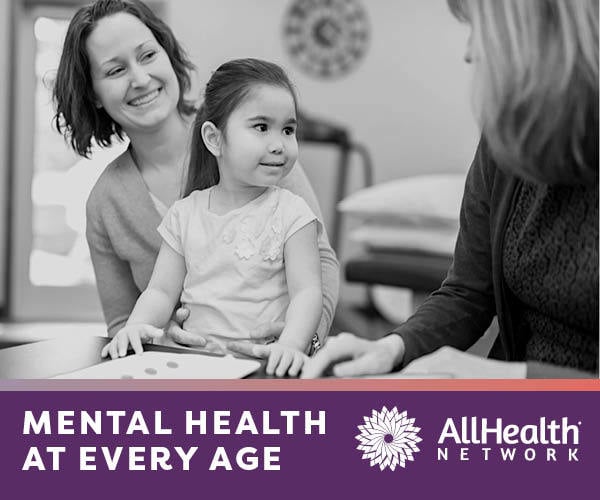When we are younger, it is easy to view heart disease as something that affects older generations and mostly men. In fact, heart disease is the number one killer of women, and poor lifestyle habits are becoming more common in women of younger ages.
Learning about heart disease and knowing the risk is one of the best ways women can protect their hearts.
According to the Centers for Disease Control and Prevention, conditions such as high blood pressure, high cholesterol, smoking, obesity, diabetes, and unhealthy eating patterns are appearing among younger people and placing them at a higher risk for heart disease.
Risk Factors Unique to Women
Many women experience no symptoms. It’s important to know your risks. Contributing factors include:
- Diabetes
- Obesity
- Inactivity or sedentary lifestyle
- Menopause
- High blood pressure or diabetes during pregnancy
Heart Attack Symptoms
Women have chest pain as often as men when having a heart attack. However, women are more likely to have three or more other symptoms, such as:
- Discomfort in your chest, shoulders, arms, back, neck, or jaw
- Chest pressure, tightness, squeezing, or burning
- Pain that travels down one or both arms
- Shortness of breath
- Heartburn-like feeling
- Nausea or vomiting
- Dizziness or light-headedness
- Cold sweat
- Unusual fatigue/tiredness and trouble sleeping
Take Control of Your Health
Many risk factors are preventable or manageable with treatment and guidance from your physician. It is important to remember that lifestyle changes take time.
- Get screened every year. Consult your healthcare provider about your specific health needs.
- Don’t ignore symptoms and manage your conditions. If you have high blood pressure and high cholesterol, work with your physician to manage those conditions properly.
- Don’t smoke or quit smoking. Smoking damages the blood vessels and can cause heart disease.
- Make heart-healthy eating choices. Fill half of your plate with vegetables and fruit, and aim for low-sodium options.
- Stay active. Break up your exercise into 10-minute blocks for a total of 30 minutes a day.
- Ask questions about your heart health and always advocate for your health.
Sky Ridge Medical Center is celebrating 20 years of service to our community
Since its opening in 2003, Sky Ridge has grown to become a 284-bed destination hospital with a reputation for clinical excellence and world-class service. Sky Ridge offers compassionate care through patient-centered programs.
For more information about Sky Ridge Medical Center's cardiology services, please call (303) 645-0090 or visit: healthonecares.com/specialties/cardiology.
10101 RidgeGate Parkway
Lone Tree, CO 80124
WEBSITE • FACEBOOK • TWITTER • YOUTUBE








